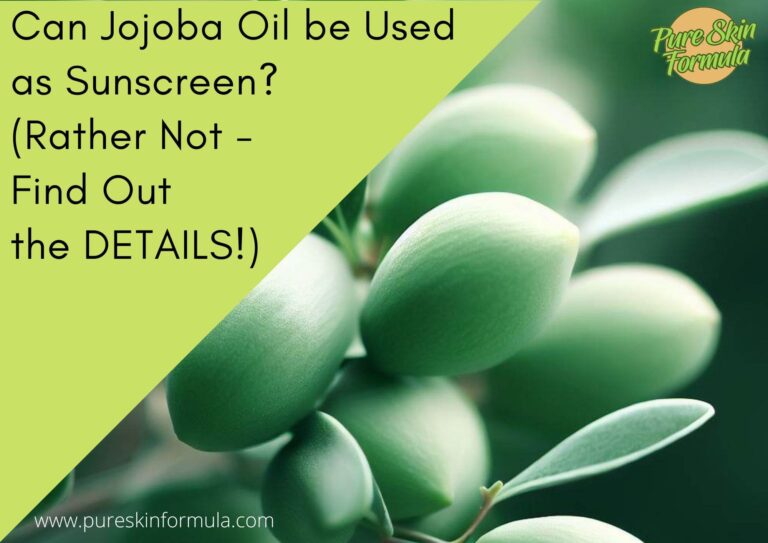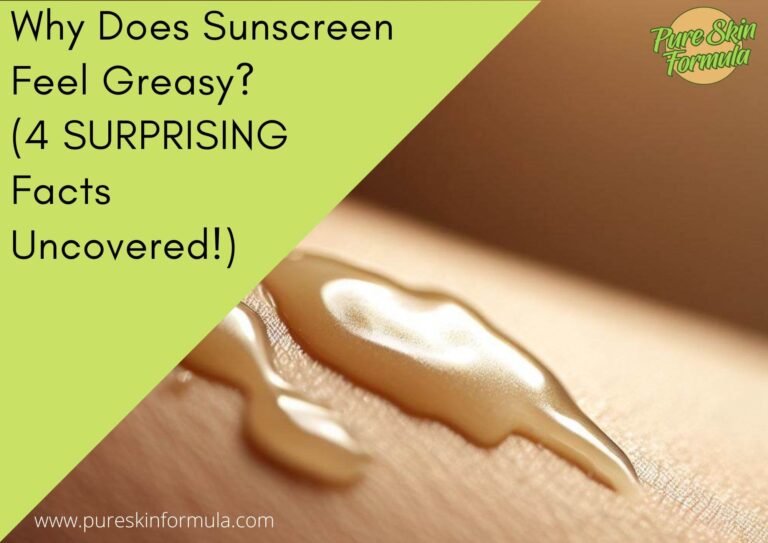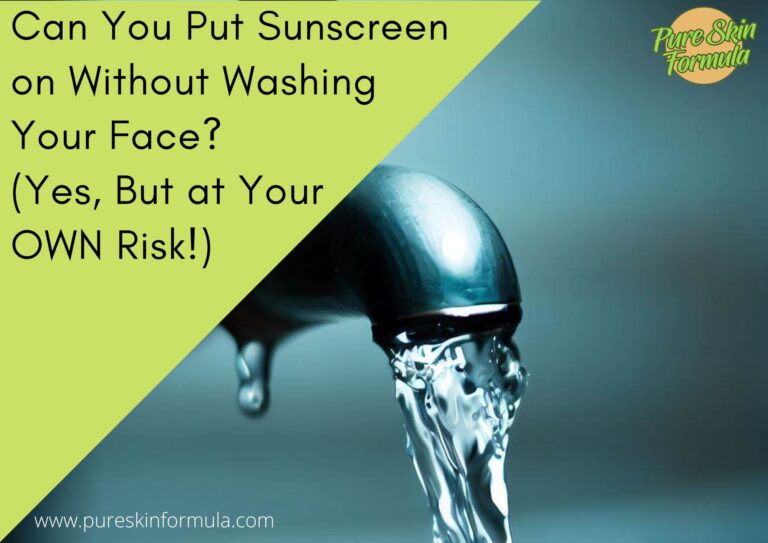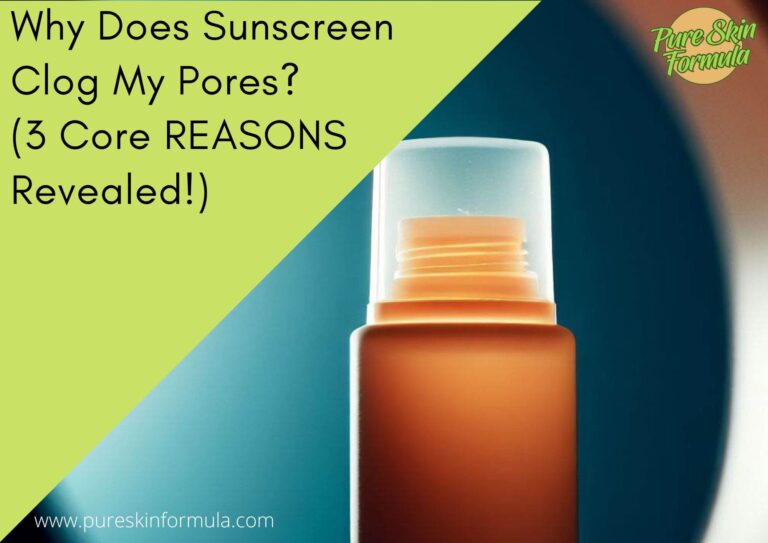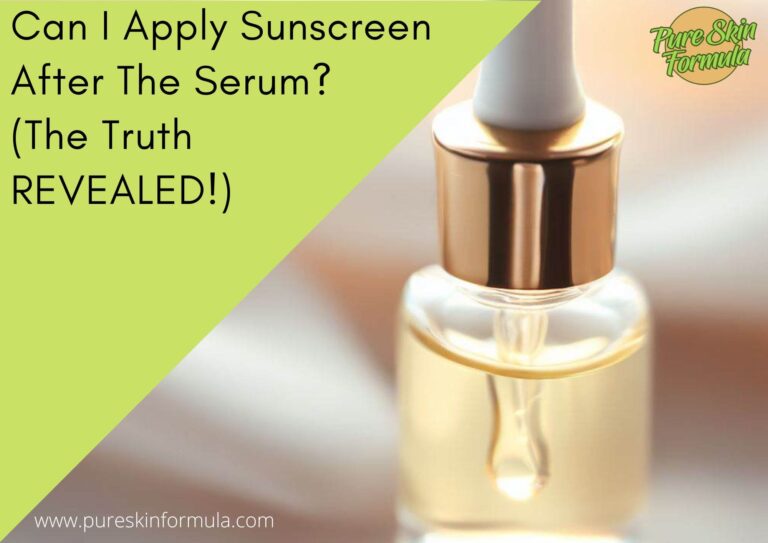Picture this: a streamlined routine where you slather on sunscreen, bidding farewell to the extra moisturizer step. Sounds tempting. But before you jump on the bandwagon, let’s explore the nitty-gritty details and find out if it’s truly a match made in skincare heaven for oily skin.
We’ll unravel the mysteries, debunk myths, and equip you with the knowledge to make an informed decision about your skincare routine. Get ready to embrace healthy, radiant skin while finding the perfect balance for your oily skin type.
Can I skip moisturizer and use sunscreen for oily skin?
While it may be tempting to skip moisturizer and rely solely on sunscreen for oily skin, it is generally not recommended. Moisturizer is crucial in maintaining skin health, regardless of skin type. Oily skin still needs hydration and nourishment to maintain its balance.
Moisturizers help to hydrate the skin, regulate oil production, and improve its overall texture. They provide essential nutrients and antioxidants that support the skin’s barrier function and help protect it from environmental damage. Additionally, a good moisturizer can help prevent excessive sebum production, which can contribute to oily skin.
Sunscreen, on the other hand, is essential for protecting the skin from harmful UV rays. It helps prevent sunburn, premature aging and reduces the risk of skin cancer. While some sunscreens may have hydrating properties, they are primarily designed to protect the skin, not provide deep moisturization.
For optimal skincare, it is recommended to use a lightweight, oil-free moisturizer specifically formulated for oily skin, followed by a broad-spectrum sunscreen with a non-comedogenic formula.
This combination ensures your skin receives the necessary hydration and protection while preventing clogged pores and excess oiliness. Finding the right balance of moisturizer and sunscreen for your oily skin is critical to maintaining a healthy and radiant complexion.
Let’s analyze the topic thoroughly.
What is oily skin?
Oily skin is characterized by an overproduction of sebum, the skin’s natural oil. If you have oily skin, you may notice a shiny or greasy appearance, especially on your T-zone (forehead, nose, and chin).
Your pores may appear enlarged, and you may experience more frequent breakouts, blackheads, or whiteheads. Oily skin can have a thicker, heavier texture and may feel sticky.

Several factors can contribute to excess oil production in the skin. One primary factor is genetics. If your parents have oily skin, there’s a higher chance you’ll have it too. Hormonal changes, such as during puberty, pregnancy, or menstruation, can also increase sebum production.
Additionally, humidity and hot weather can stimulate the sebaceous glands to produce more oil. Certain skincare products, stress, and a diet high in greasy or processed foods may also play a role.
While having oily skin can make you more prone to breakouts and acne, it’s important to note that not everyone with oily skin will experience severe skin issues. However, if left unmanaged, oily skin can lead to clogged pores, resulting in acne, blackheads, or whiteheads.
The excess oil can also attract dirt and pollutants, potentially leading to inflammation or skin irritation. Oily skin may be more susceptible to shine, making it challenging to maintain makeup or a matte appearance throughout the day.
What is the role of the moisturizer?
Moisturizer is like a drink of water for your skin. Its primary function is to hydrate and nourish the skin. Moisturizers create a protective barrier on the skin’s surface, preventing moisture loss and locking in hydration.
Contrary to popular belief, even oily skin needs moisturization. Using a moisturizer specifically formulated for oily skin can provide several benefits. Firstly, it helps regulate oil production by providing adequate hydration.
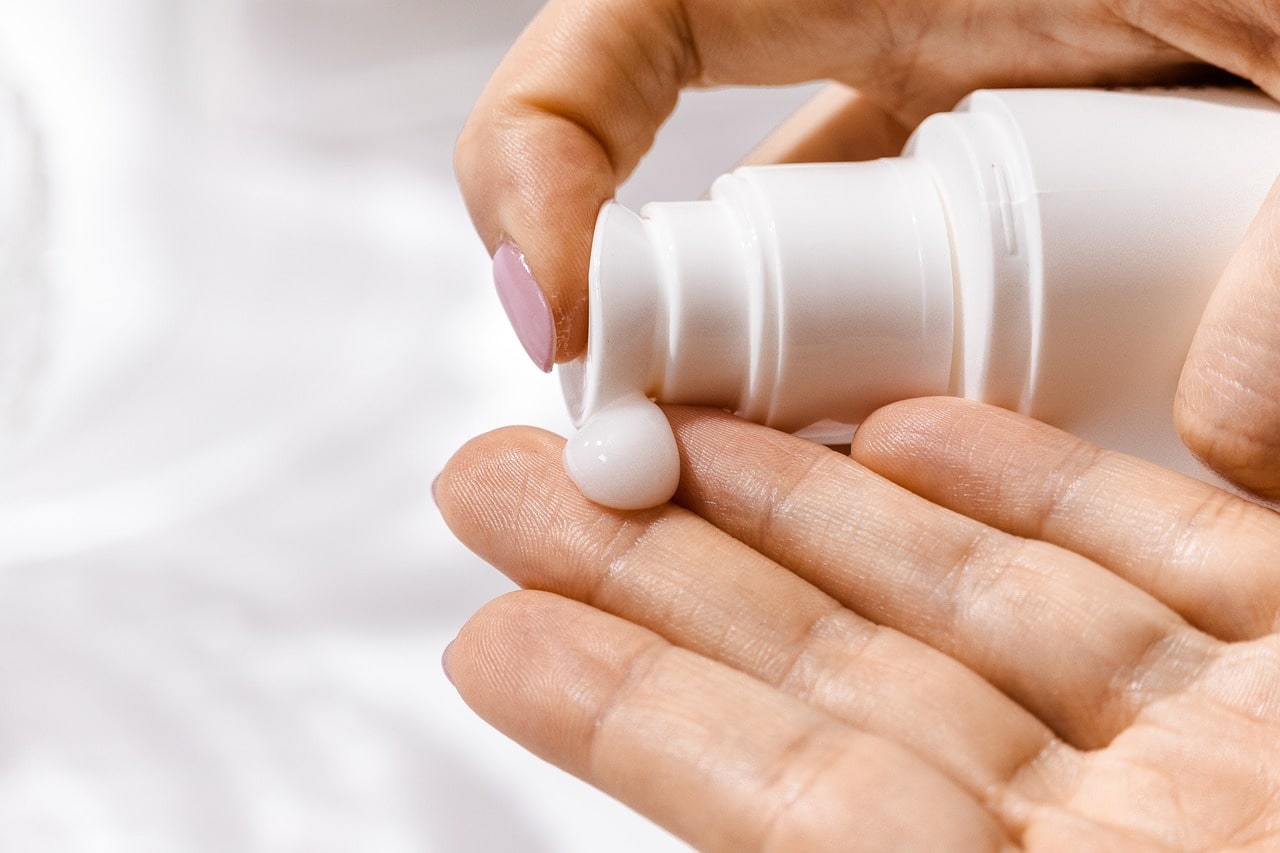
When your skin lacks moisture, it compensates by producing more oil, which can lead to a greasy complexion. By keeping your skin properly moisturized, you can help reduce excessive oiliness.
Secondly, moisturizers for oily skin are often lightweight and non-greasy. They absorb quickly without leaving a heavy residue, allowing your skin to breathe.
Some moisturizers even have mattifying properties, helping control shine and provide a matte appearance throughout the day.
When selecting a moisturizer for oily skin, looking for specific ingredients that cater to your needs is essential. Opt for oil-free or non-comedogenic formulas to avoid clogging pores and causing breakouts. Lightweight, gel-based moisturizers are also great options for oily skin, as they provide hydration without a heavy feel.
Additionally, consider moisturizers with ingredients like hyaluronic acid, which helps attract and retain moisture without adding extra oiliness. Niacinamide is another fantastic ingredient for oily skin, as it can regulate sebum production and improve the skin’s overall texture.
Avoid moisturizers with heavy oils or fragrances, as they may exacerbate oiliness or cause skin irritation. Look for labels that state the product is suitable for oily or acne-prone skin.
What is the role of the sunscreen?
Sunscreen is not just an optional step in your skincare routine—it’s a must! Incorporating sunscreen into your daily regimen is crucial regardless of skin type. It provides a shield of protection against the harmful effects of the sun’s ultraviolet (UV) rays, which can penetrate the skin and cause various skin issues, including sunburn, wrinkles, age spots, and even skin cancer.
Sunscreen helps prevent the formation of dark spots and hyperpigmentation caused by UV radiation. By consistently applying sunscreen, you can minimize the risk of developing uneven skin tone and maintain a youthful appearance over time.
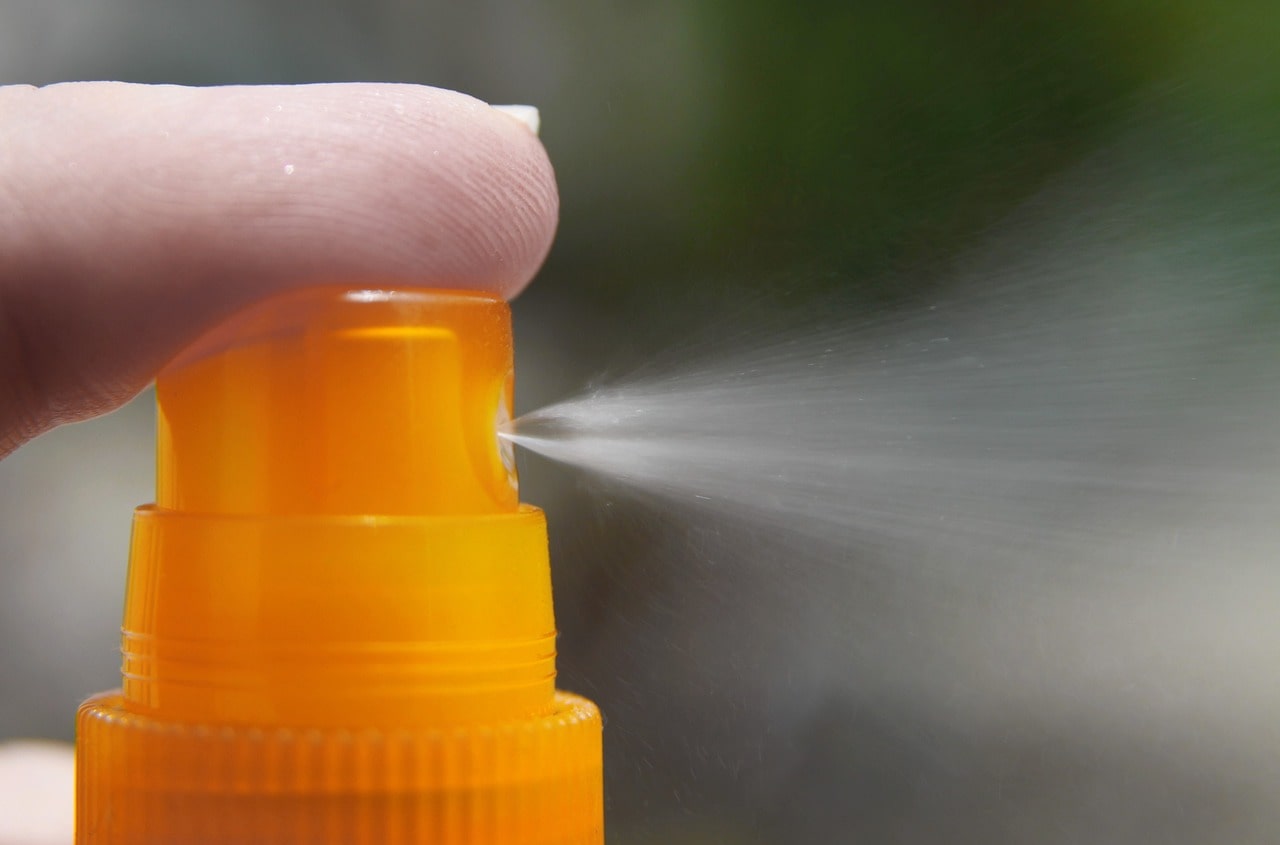
Choosing the right sunscreen can be a game-changer for those with oily skin. Look for sunscreens labeled “oil-free” or “non-comedogenic,” meaning they won’t clog your pores or exacerbate oiliness.
These formulas are designed to be lightweight and easily absorbed by the skin without leaving a greasy residue.
Another consideration is to opt for sunscreens with a matte or non-shiny finish. These products can help control excess shine throughout the day and provide a more balanced appearance for oily skin.
If you’re concerned about potential breakouts, look for sunscreens labeled as “acne-prone” or “sensitive skin.” These formulations are typically less likely to cause irritation or clog pores, reducing the chances of triggering acne breakouts.
Remember to apply sunscreen generously and reapply every two hours, especially if you’ll spend an extended period outdoors.
What are the potential drawbacks of skipping moisturizer?
While it may be tempting to skip moisturizer, especially for oily skin, there are potential drawbacks. Oily skin needs hydration, as dehydrated skin can trigger your sebaceous glands to produce even more oil, leading to greasiness and breakouts.
Skipping moisturizer may disrupt your skin’s moisture balance and exacerbate oiliness, resulting in a vicious cycle.
Moreover, skipping moisturizer can compromise your skin’s barrier function. A well-moisturized skin barrier helps protect against environmental aggressors, pollutants, and irritants. Without proper hydration, your skin may become more susceptible to damage, inflammation, and sensitivity.
The key is to find a balance that works for your oily skin. Rather than replacing moisturizer with sunscreen, consider incorporating both into your skincare routine. Look for lightweight, oil-free moisturizers explicitly formulated for oily skin.
They provide the hydration your skin needs without adding excessive oil or heaviness.
After applying moisturizer, follow it up with a broad-spectrum sunscreen that is also lightweight and non-greasy. By combining both products, you can benefit from proper hydration, nourishment, and protection against UV damage.
If you need help deciding which products to choose for your oily skin, seek professional advice. Dermatologists or skincare experts can provide personalized recommendations based on your skin concerns and needs.
They can help you identify suitable moisturizers and sunscreens for your oily skin, taking into account any additional skincare concerns you may have. Professional guidance can be especially beneficial if you are dealing with persistent skin issues or are still determining which ingredients to look for or avoid.
Skin care is not a one-size-fits-all approach, and what works for one person may not work for another.
Additional skincare tips for oily skin
Maintaining a proper cleansing routine is essential for managing oily skin. Cleansing helps remove excess oil, dirt, and impurities from the skin, keeping it fresh and minimizing the risk of clogged pores. However, it’s good to strike a balance and not over-cleanse, as this can strip away too much oil, increasing oil production.
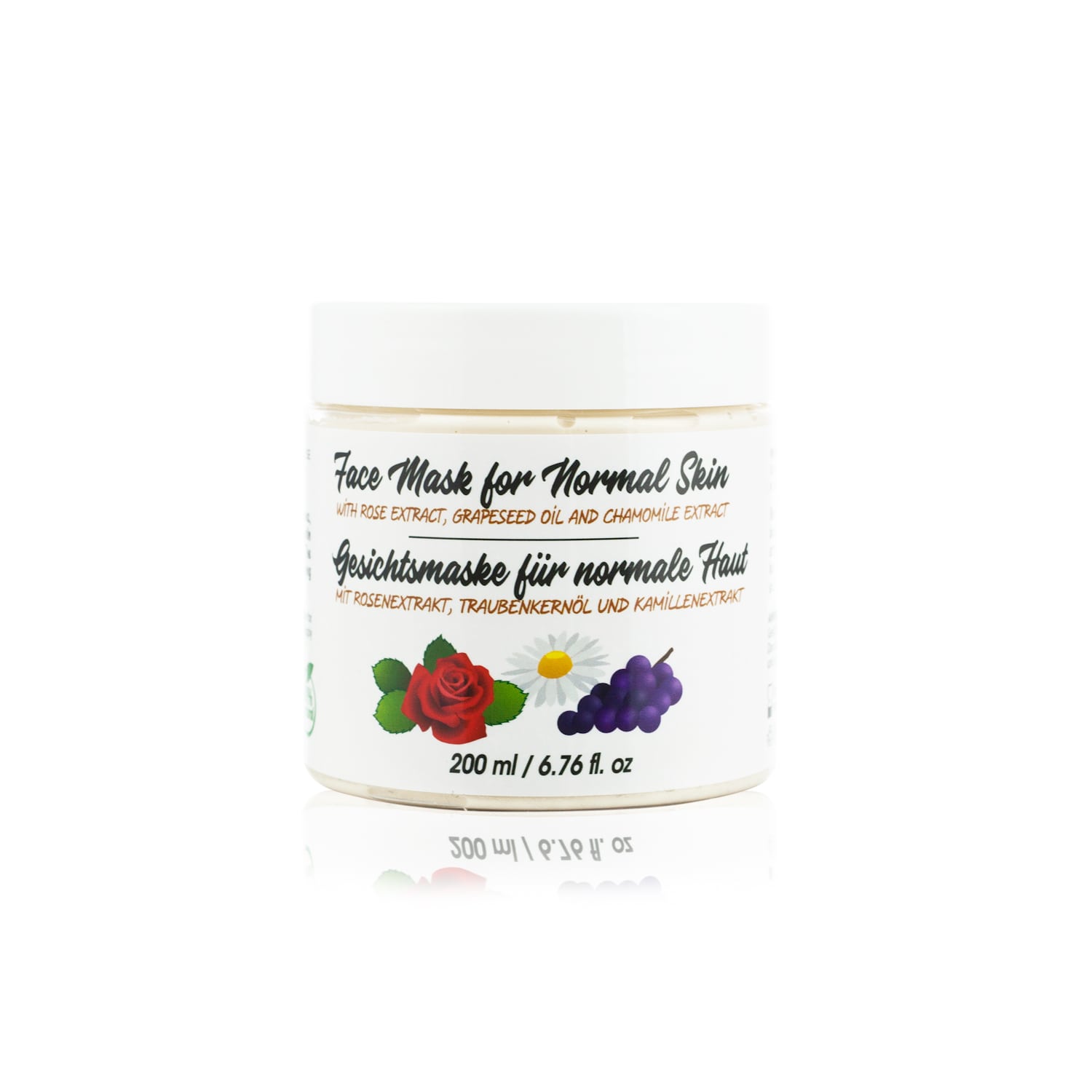
Choose a gentle, oil-free cleanser specifically formulated for oily skin. Look for ingredients like salicylic acid or tea tree oil, which can help control oiliness and prevent breakouts.
Clean your face twice daily, morning and evening, using lukewarm water. Avoid using hot water, as it can strip away natural oils and cause your skin to produce even more oil.
Exfoliation is beneficial in an oily skincare routine as it helps remove dead skin cells and unclog pores. Exfoliate with care, as aggressive or frequent exfoliation can irritate the skin and trigger more oil production.
Choose gentle exfoliators with ingredients like alpha hydroxy acids (AHAs) or beta hydroxy acids (BHAs), such as glycolic acid or salicylic acid.
These ingredients can effectively dissolve excess oil and unclog pores. Start with exfoliating once or twice a week and adjust the frequency based on how your skin responds.
A face mask once or twice a week can help deep clean your pores, refine the skin’s texture, and reduce shine. Look for face masks specifically formulated for oily skin, often containing ingredients like clay or charcoal.
They help absorb excess oil and impurities, leaving your skin feeling fresh and balanced. Apply the mask to cleansed skin and leave it on for the recommended time before rinsing off with lukewarm water. Follow up with a lightweight moisturizer to replenish hydration.
Conclusion
While it may be tempting to streamline your routine, it’s essential to understand that moisturizers and sunscreen play unique roles in maintaining healthy skin.
Moisturizer provides essential hydration and nourishment, helping to regulate oil production and support the skin’s barrier function. On the other hand, sunscreen protects against harmful UV rays, preventing sunburn and premature aging while reducing the risk of skin cancer.
Finding a balance is vital. Opt for lightweight, oil-free moisturizers and non-comedogenic, mattifying sunscreens specifically formulated for oily skin.
Your skin is unique, so finding your proper routine may take trial and error. Consult with professionals, listen to your skin’s needs, and embrace a skincare regimen that works best for your oily skin. Prioritize the health and well-being of your skin, and it will reward you with a beautiful glow for years to come.
Thank you for reading!
Valeria


